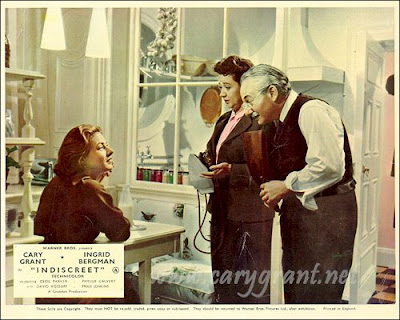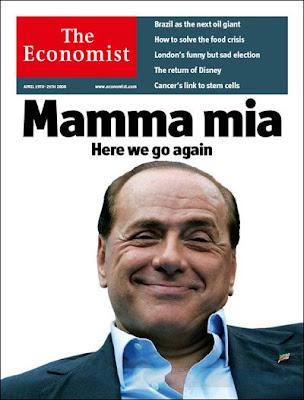
Era il 1986, il vcr era un Hitachi (ha funzionato ininterrottamente per 10 anni...), un modello moderno con caricamento frontale, era costato 600.000 lire (lo comperammo da Di Salvo a via della Lungara).
Il primo film che registrai fu Indiscreto (Usa, 1958) di Stanley Donen,

Il primo video Misfit dei Curiosity Kill the Cat,
poi fu la volta di Jill Jones. Una cantante di nessuna dote canora particolare, ma che sapeva scegliere i propri autori.
Si impose infatti con una canzone di Prince, Mia boca
e poi la ritrovai qualche anno dopo nel bel disco di Ruiki Sakamoto Beauty
Poi l'ho persa di vista....
Chissà che fine ha fatto...
(dalla rete...)
Il suo album di debutto fu intitolato col suo stesso nome Jill Jones (1987), distribuito su etichetta Paisley Park di Prince,che firmò i pezzi insieme a Jones, anche se li scrisse tutti da solo. Dopo la sua uscita l'album ricevette recensioni positive dalla critica, ma non fu un successo commerciale ed è fuori catalogo da parecchio tempo.
Diversi demo vennero registrati per il suo secondo album, sempre per la Paisley Park, così come il video "Boom Boom", but l'album non ha visto mai la luce. Nel 1993, Jill distribuì il singolo dance "Bald" per la Flying Records. Con l'aiuto del fotografo della Paisley Park e del suo amico intimo David Honl, Jones fa uscire finalmente nel 2001 il suo secondo album "Two" nel 2001, senza il contributo di Prince e più orientato verso il pop-rock. (fonte Wikipedia traduzione dall'inglese mia)

